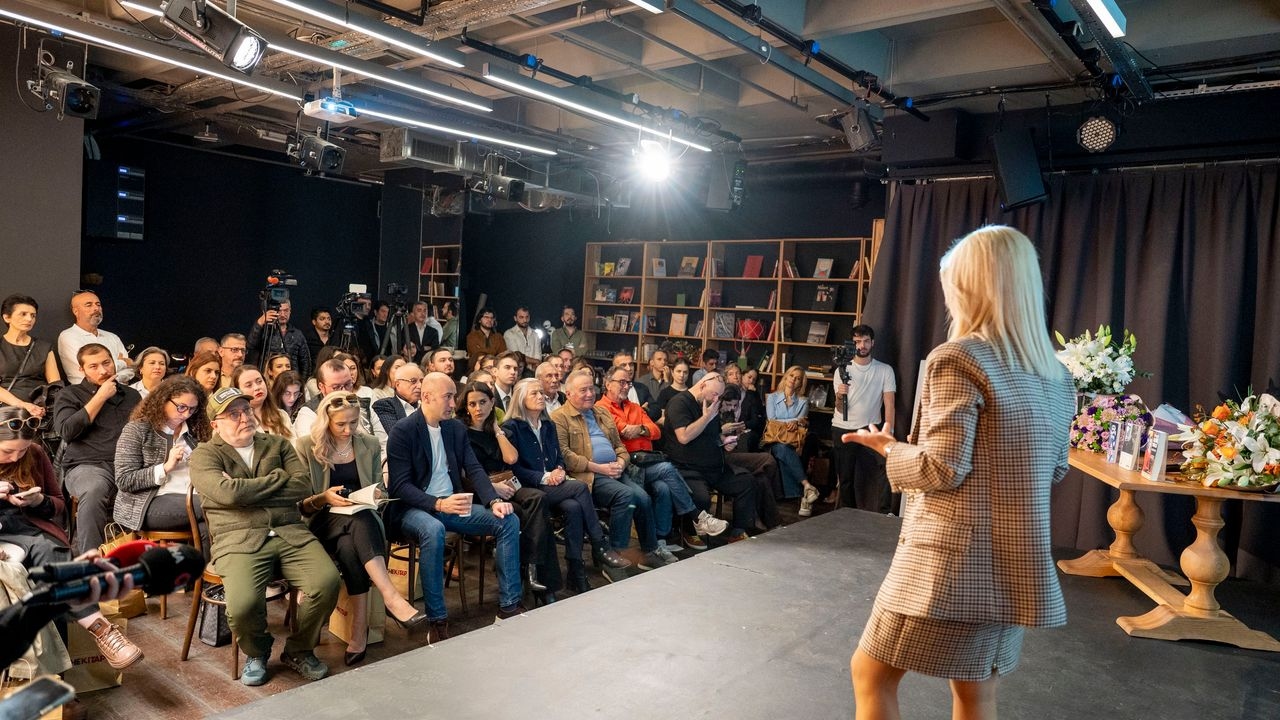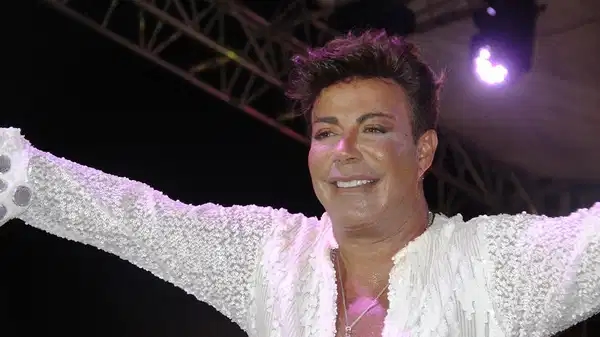Children understand the digital world, adults are wrong

Dr. Özlem Koç, General Manager of Bahçeşehir College, examined the cognitive and emotional responses of children aged 7 to 15 to digital advertising through the eyes of students, mothers, and teachers. Koç noted that 94.7 percent of children had developed an awareness of digital advertising, adding, "My research revealed that children are more selective and questioning about digital advertising, contrary to what parents and teachers believe."
Koç gave a presentation titled "The Digital Delusion: The Perception Gap Between Children and Adults in the World of Digital Advertising." The event was attended by Bahçeşehir Uğur Educational Institutions President Enver Yücel, Bahçeşehir College Chief Executive Officer Hüseyin Yücel, Bahçeşehir College Founder and Executive Board Member Semra Yücel, Prof. Dr. Ali Atıf Bir, academics and writers, and numerous readers.
Dr. Özlem Koç stated that children today are growing up in a digital world of intertwined content and advertisements, and that this can lead to a "digital delusion" of worrying about whether they will be immediately affected. She added that her research has revealed that these concerns do not always reflect reality.
Koç stated that this comprehensive study, conducted with over 600 children aged 7-15, revealed that children perceive advertisements much better than previously thought and develop a critical distance as they grow older, adding:
The study didn't just involve children; all stakeholders, parents, and teachers, too. I reached a rather interesting conclusion. In short, this: Children understand, but we adults are wrong. This means that, as parents and teachers, we actually think quite differently than children do about the content children encounter online and in digital media. Our children are highly aware of the ads and content they encounter online. Their conceptual advertising literacy is advanced. This is almost 94.7 percent, and it applies to all age groups. They notice ads and understand digital content. What makes this research even more interesting is that children notice ads, but the translation of these ads into consumption habits, that is, purchasing behavior, is quite low. 80 percent of children say, "I see it, I notice it, but I won't buy it." The point is this: As adults, we think the exact opposite. We believe that children are highly influenced by content on digital platforms, manipulated, and sometimes even unaware of it, and that their awareness is low. This is partly due to our underestimation of their digital experiences.
"The most important protection umbrella is the guidance of adults"Dr. Koç said, "Adults don't understand this world and experience of children, and they're mistaken here. Why is this important? Because children were born into the digital world and grow up surrounded by screens. Almost all aspects of their lives are intertwined with the digital world all day long. We need to understand this impact correctly, and as parents, we need to listen to them and accompany them. But to gain this competence, adults first need to be digitally literate, digitally media literate. In other words, we must learn first, and then we need to be able to accompany our children. Because they were born into the digital world and are prone to technology. They grow up differently than us, but ultimately, they are children. Therefore, they need protection both emotionally and cognitively. The most important protective umbrella is actually adult guidance." Dr. Koç said: "What makes this research even more interesting is that children notice ads, but the conversion of these ads into consumption habits, that is, purchasing behavior, is quite low. 80 percent of children say, 'I see it, I notice it, but I won't buy it.' As adults, we think the opposite. We believe that children are highly influenced by content on digital platforms, manipulated, and sometimes even unaware of it, and that their awareness is low. This is partly due to our underestimation of their digital experiences. This book was born precisely for this reason, and was written to tell both parents and teachers, 'Understand children's world, recognize their experiences in the digital world, and accompany, empower, and guide them in this world.'"
"Digital advertising literacy should be taught at an early age"Koç emphasized that school-family collaboration has taken on a new meaning in the digital age, stating that it's crucial for parents to participate in the process of making sense of their children's online experiences rather than simply imposing restrictions. Emphasizing that the Ministry of National Education should expand its media literacy curriculum, Koç stated that "digital advertising literacy" and "social media literacy" should be taught at an early age, and that the goal shouldn't be to protect children, but to empower them, teaching them how the digital world works and how to question what they see.
Dr. Özlem Koç emphasized that her book, "Digital Delusion on the Internet," based on research data and her doctoral dissertation, calls for the creation of a digital ecosystem that empowers children. She said, "Our goal should not only be to protect children, but also to teach them to be strong and conscious individuals in the digital world. In this regard, schools, institutions, and parents bear a significant responsibility. We must embrace media literacy as a life skill and guide our children."
At the end of the event, guests signed copies of the book "Digital Delusion on the Internet" and chatted with Dr. Özlem Koç about her research.
UAV
Reporter: News Center
İstanbul Gazetesi





